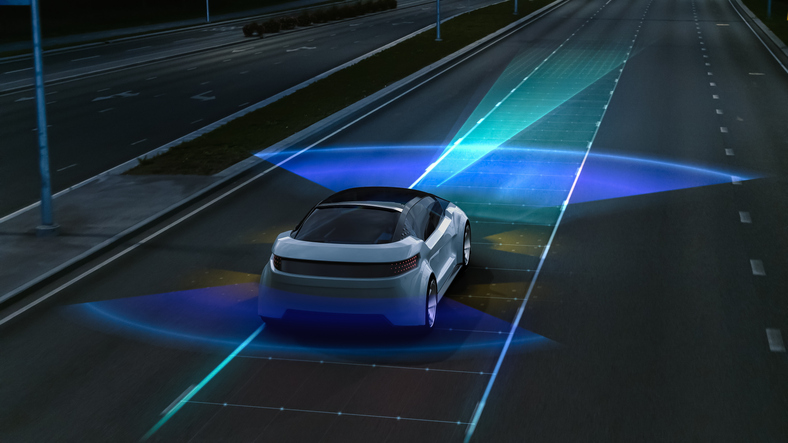With the technology ever-evolving, let’s have a look at some of Forbes’ recent figures on the development and use of Artificial Intelligence (AI) as of October 2025.
While 79% of Brits have stated that they use AI at work, 59% have concerns about the use of AI, largely focused on the issue of losing human skill, job displacement and the lack of human intervention on decision-making, with London having the largest AI share of job postings. The Office for National Statistics estimates that ‘around 7% of existing UK jobs could be displaced over the next five years, rising to around 18% after 10 years and nearly 30% after 20 years – equivalent to around 2.2 million jobs’ (ONS, in Forbes, 2025).
These figures can be worrying for the British worker and many demand tighter regulations on the use of AI. However, AI does not have to take away jobs from humans but can instead be a tool that is developed alongside employees to relieve some areas of their jobs. This harmonious coexistence in the workplace is something we have covered before in how automation can improve business results while benefitting employees.
While displacement figures may look scary, it is important to note that the job market is constantly evolving, especially over the last 25 years. While we may see a decrease in certain types of job posting, new areas of work may be created while we embark on this journey of AI.
AI is even being used as a part of the recruitment process to improve hiring efficiency. Companies can now handle higher levels of job applications and respond quicker and more thoroughly despite the increased load.

The UK government are also committing £100 million to achieve self-driving cars on UK roads this year, though 85% of British survey respondents ‘had reservations’ about the use of AI technology in cars. With a surge in electric cars that have options for parking assistance and hands-free AI companions on UK roads over the last few years, this next jump does not seem as far-fetched as it once did. Will this implementation lead to better road safety? More efficient travelling? Only time will tell.
We recently looked at Google’s AI chatbot that is currently awaiting peer review and has been developed to assess, diagnose and aid in treating medical conditions, as well as examine medical imagery and provide clinical advice based on evidence-based decisiveness and trained emotional awareness. Advances in chatbots and Large Language Models are constantly being made, with 2025 being a huge year in these developments.
The large uptake in AI usage has forced many scholarly institutions to confront its presence, especially in creative pursuits. Forbes states that, ‘since its introduction in November 2022, eight out of the 24 Russell Group universities have formally banned the use of ChatGPT and other AI language models’ while other universities have not taken measures to label AI usage as an outright academic offence, but instead have guidance in place on proper usage.

It has been a busy year for AI already and the 2020s have certainly been shaped and influenced by these developments. Where will it take us next? What opportunities will arise from these next steps? Stay up-to-date with our blog posts by following our social media channels – you’ll get all the current technology news and trends!
For more information on automation in the business world, you might like to look here.

